Saint-Pierre Prison

Beez Neez now Chy Whella
Big Bear and Pepe Millard
Tue 18 Jan 2011 22:24
|
Exploring
Saint-Pierre
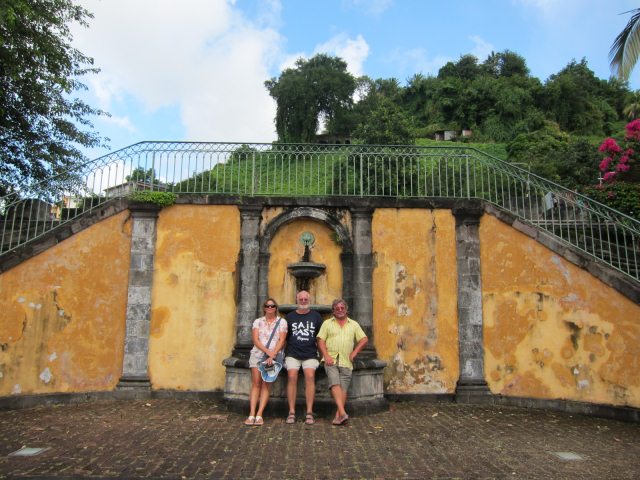 We knew at the top of
this hill we would find ruins
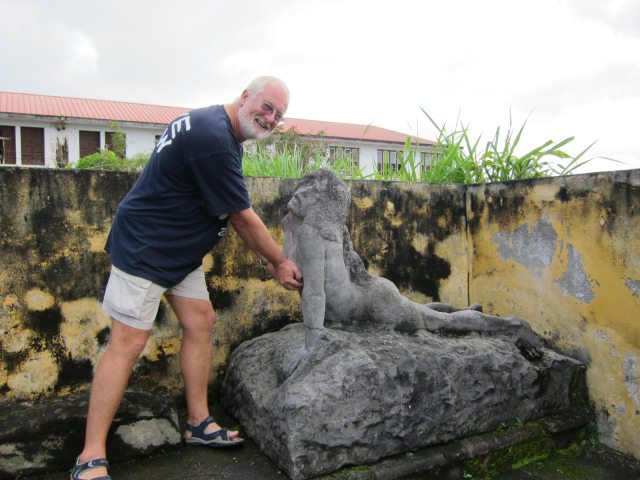 Bear was NOT asked to
form this pose
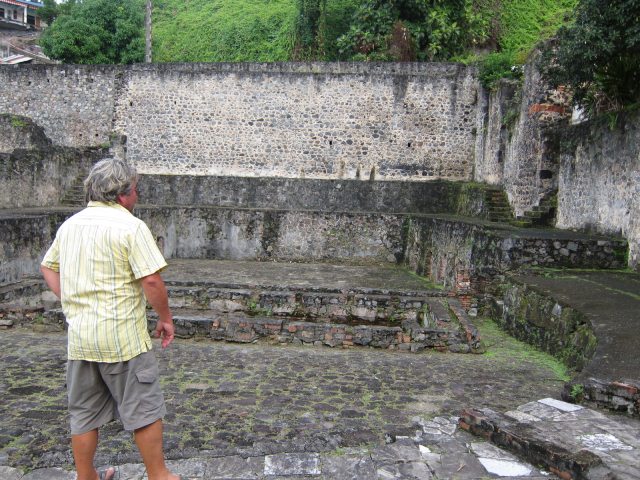 Michael looking at the
theatre (the first to think about acoustics)
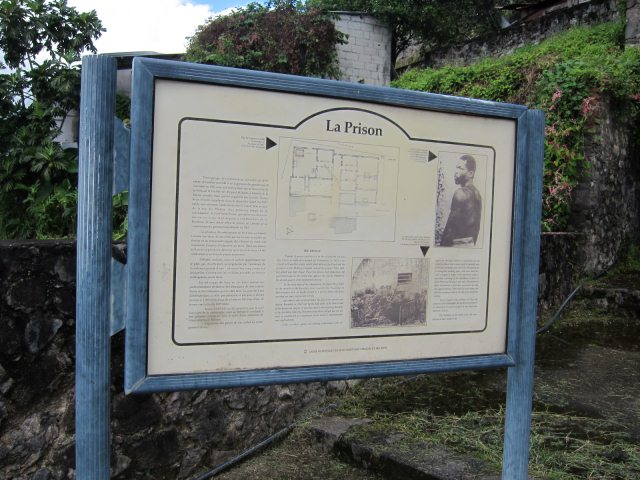 I typed out the
information from this board, mistakes and all
The Prison: Typical
of prison architecture in the nineteenth century, this structure replaced a
barrack for Gendarmes. In 1851 it existed with another prison which stood
between the Court and the entrance to the Military Hospital, behind the present
Town Hall, but which was later closed. These two prisons had replaced an old
gaol which was on the Grand Rue opposite the Rue du Theatre in the second
quarter of the nineteenth century. In the early
days of the colonisation, the Saint Pierre Fort, at the mouth of the Roxelane
River and the first building on Martiniquan soil, no doubt served as a prison,
before the first recorded one was constructed in 1661.
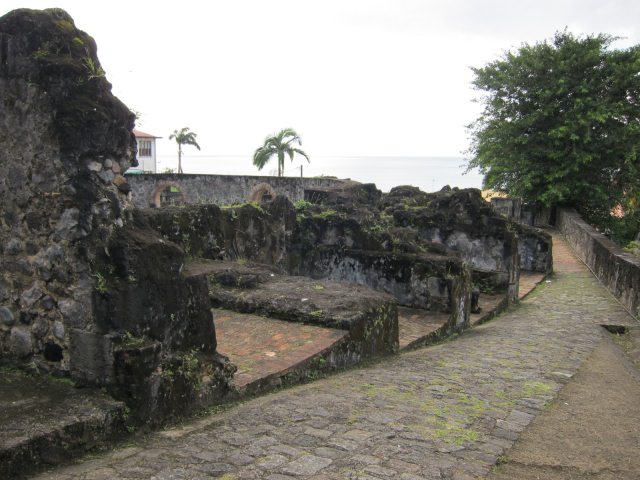 No chance was involved when the site
of the prison was chosen. Bounded on either side by the high walls of the
theatre and of the Boulevard Laigret, it was also close to the imposing
Barracks of the Northern Infantry. However, only those charged but not yet
tried, or condemned to a maximum of one month's imprisonment were confined
here.
Cells, corridors, yards and solitary
confinement cells all figure on the plan, which is remarkable for the numerous
places where water could be obtained: each of the five courtyards onto which the
cells opened has a rectangular washing place, some have two. This supply is
representative of the abundance of water in the whole area. By the end of the
nineteenth century the amount distributed in the town, per person per day
was approximately one thousand litres of river water and two hundred litres of
spring water.
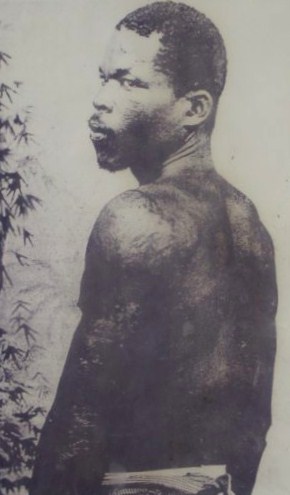 Loius
Cyparis was perhaps not the sole survivor of the catastrophe, but his
destiny led him to be presented as such, as part of the American Barnum's
circus. The thickness of these prison walls are believed to have saved his life.
Here seen in his famous pose showing the burns he sustained.
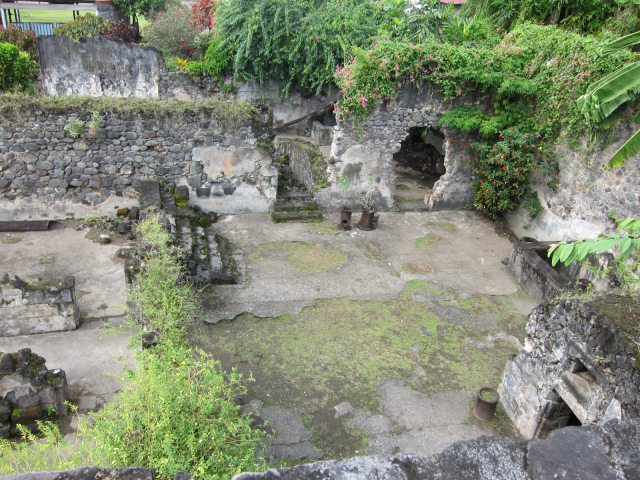 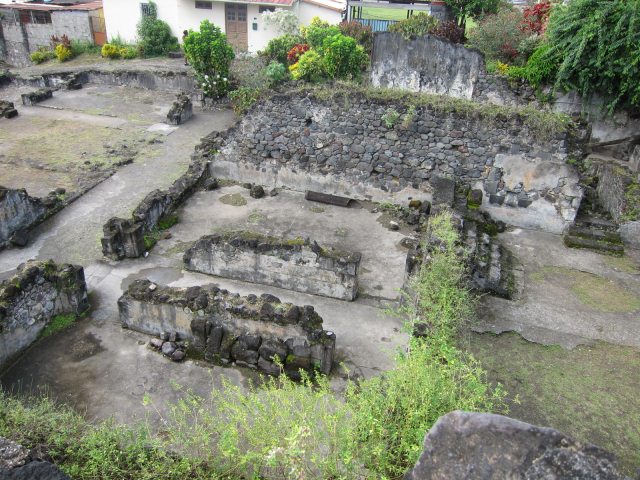 ALL IN ALL VERY
INTERESTING
A TOWN I HAVE ALWAYS WANTED TO
VISIT
|